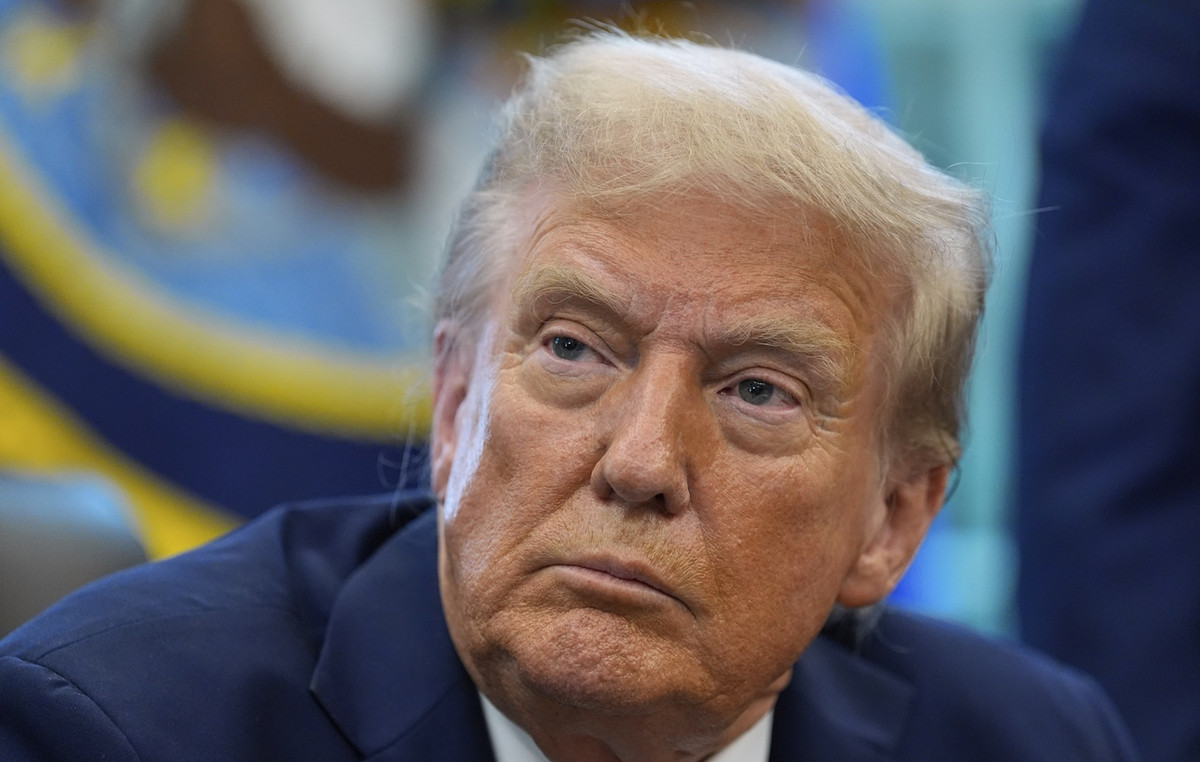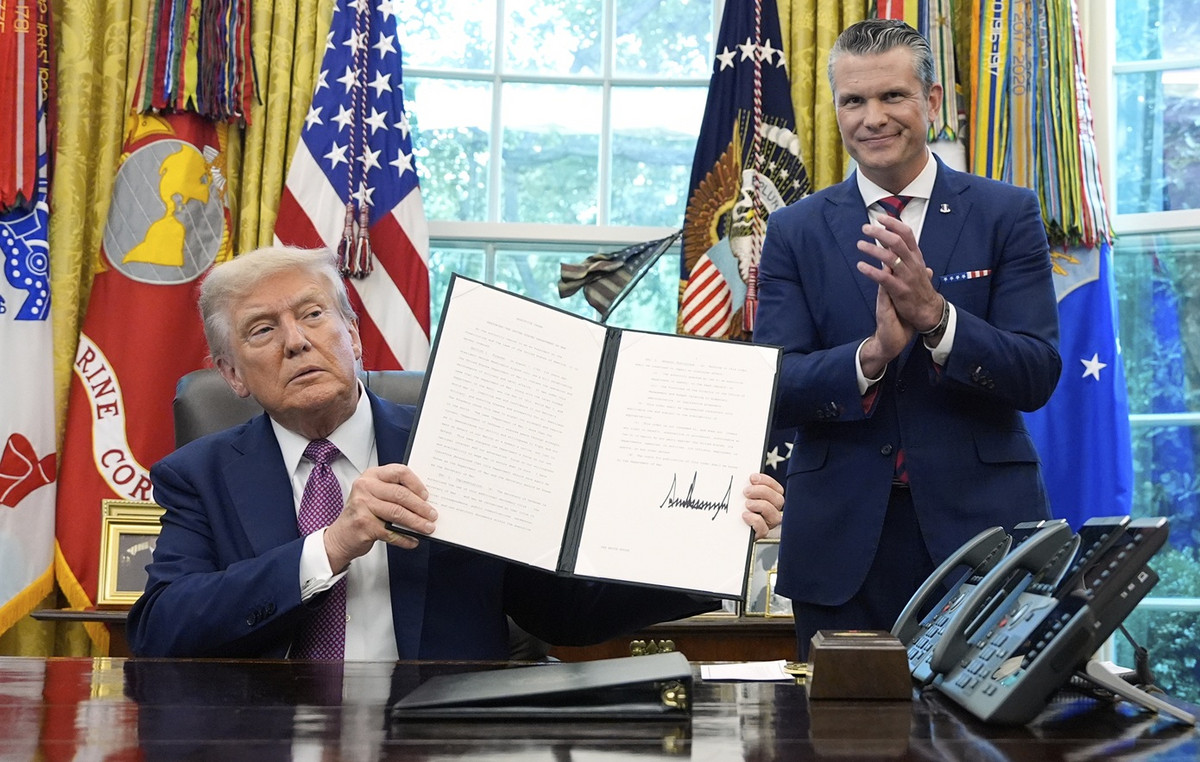This article on the economy in China is published in issue 44 of Vanity Fair on newsstands until October 29, 2024.
In recent weeks the stock markets have been hanging on Pan Gongsheng, the governor of the Chinese Central Bank who, at the end of September, announced a major plan to support the economy. For a few days the markets were enthusiastic, then doubts began: Will the push of monetary policy and the intervention of the Beijing government still be able to save China’s miracle?
Optimists observe that despite a thousand problems, even in 2024 the Chinese economy is expected to grow around 4.5 percent, which is less than the 5 percent hoped for every year by the Communist Party to guarantee social peace, but it is still a lot.
Furthermore, the last time China took a similar approach changed the world: it was 2008, while the West was collapsing under the weight of unsecured mortgages granted by American banks, China reacted with a 4 trillion yuan plan, approximately 837 billion dollars, which supported demand and strengthened infrastructure , laid the foundations for the miraculous decade 2010-2020.
Before the pandemic, there was discussion about when China’s economy would overtake America’s. But then President Xi Jinping sabotaged the growth of the technology sector because it was becoming too autonomous, and China stopped competing on that level. The management of Covid – with long lockdowns and hasty reopenings – has destabilized businesses and workers. A number of structural problems with China’s growth quickly became visible. An aging population without a welfare state capable of guaranteeing assistance, unemployed young people and a real estate bubble ready to burst: For years, local governments have subsidized power, infrastructure and corruption by giving up land to developers who have built skyscrapers full of offices and apartments for which there is no demand.
Real estate is a sector always on the verge of definitive collapse which would drag banks and politics into an abyss of debts impossible to repay. This is why pessimists say that China is becoming a new Japan, in the sense of a country that is lost on the path of development and for decades remains trapped in a spiral of low growth, falling prices, flat investments, few children and too many elderly people. .
China, observes Martin Wolf on Financial Timeshe has too much savings: 45 percent of GDP, compared to 8 percent in the United States and 20 percent in Japan. As long as there are investments capable of guaranteeing high returns in a dynamic economy, no problem, on the contrary.
But now the economy in China is a bit exhausted and more closed, so it is also more difficult for that capital to be used elsewhere. The Chinese should consume more, but faced with an uncertain future they prefer to saveand this prudent choice deprives the economy of the demand it needs. The government’s plan of extraordinary measures tries to overcome this stalemate, but it is not guaranteed that it will work, because most of the measures only serve to keep the indebted construction sector afloat. But this is not how solid growth is built.
To subscribe to Vanity Fair, click here.
Source: Vanity Fair
I’m Susan Karen, a professional writer and editor at World Stock Market. I specialize in Entertainment news, writing stories that keep readers informed on all the latest developments in the industry. With over five years of experience in creating engaging content and copywriting for various media outlets, I have grown to become an invaluable asset to any team.







